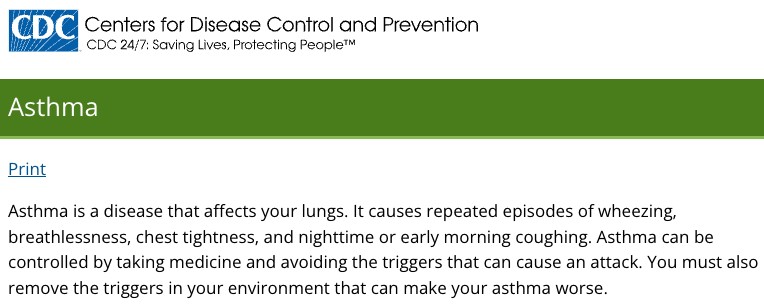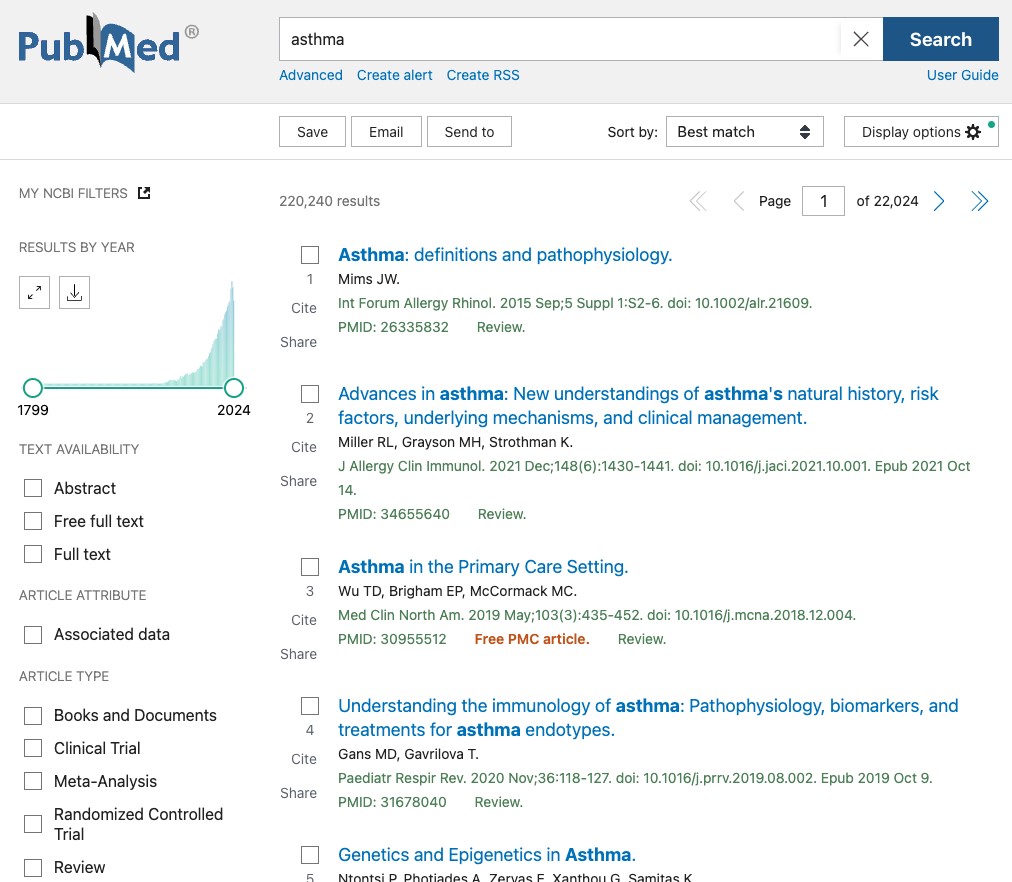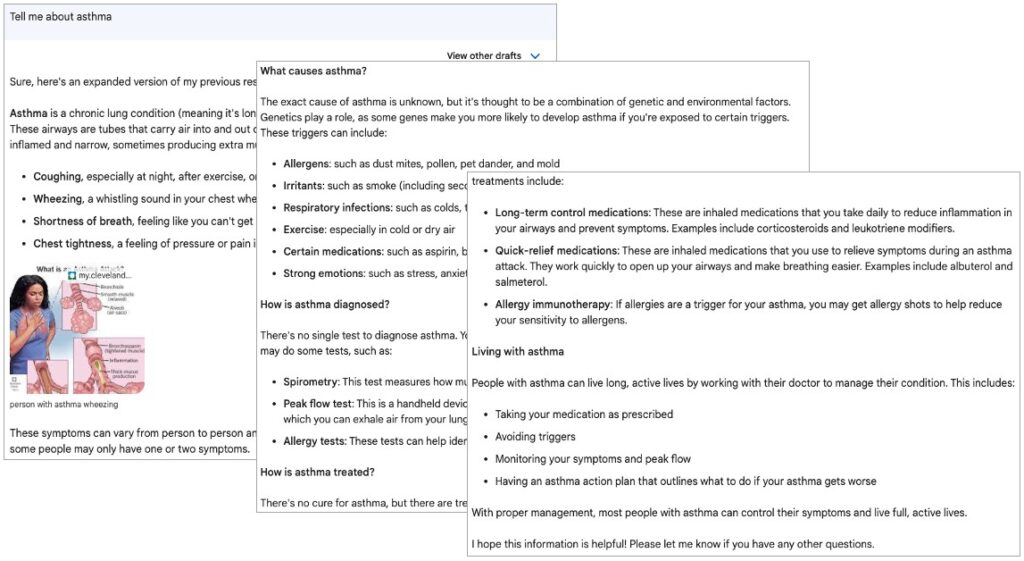Being an expert is not just having knowledge about a particular topic, but also being able to explain it in a way that anyone can understand. While researching information, we spend too much time not in digesting the content, but in deciphering how the source is trying to speak to us.
Published knowledge is often bad at making itself accessible to us because it’s static. It isn’t alive, so it lacks the ability to understand us, why we’re asking these questions, or what context we already have. Fortunately, there is a solution to this problem that has become my go-to: Generative AI.
A high school English teacher said we could use Wikipedia for our research paper, but only as a starting place, and we couldn’t quote it. That’s how I think about Generative AI when I need to get smart fast.
Let’s pretend I’m working on a campaign for a medicine that prevents severe asthma attacks, but I don’t know much about the condition myself. Yet I have to deliver a creative briefing next week. Where do I begin?
I could start with a reputable health source like the CDC…

…but that’s too general, isn’t it? “A disease that affects the lungs”? I don’t know why it’s different from emphysema, COVID, COPD, cystic fibrosis, or even heart disease for all I know.
So, I look for more in-depth information in peer-reviewed research…

…and now I’m even more lost. Which paper do I start with? Which publishers are any good? Will I even understand one when I open it? What if they start naming immune signaling pathways?
Thankfully there’s Generative AI…

…with simple, casual language that I can understand. It organizes the information into clear headings that help me choose where I want to go. It tells me how this condition shapes people’s lives. And I can interrogate it further on any provided information or point of view, if I want to.
Generative AI is a fantastic starting point, but it’s not the solution. The real value comes from the human using it—especially because Generative AI can hallucinate with very convincing information. I can check my findings with a colleague that has a PhD in biology. I’m able to ask Bard good, informed questions faster because of my background, and my colleague’s expertise helps in validating information with real research and scientific expertise.
I’m forming perspectives faster than I could before, which means I’ll get to my insight, strategy, and creative briefing sooner, too.
– Abe Fleischer


